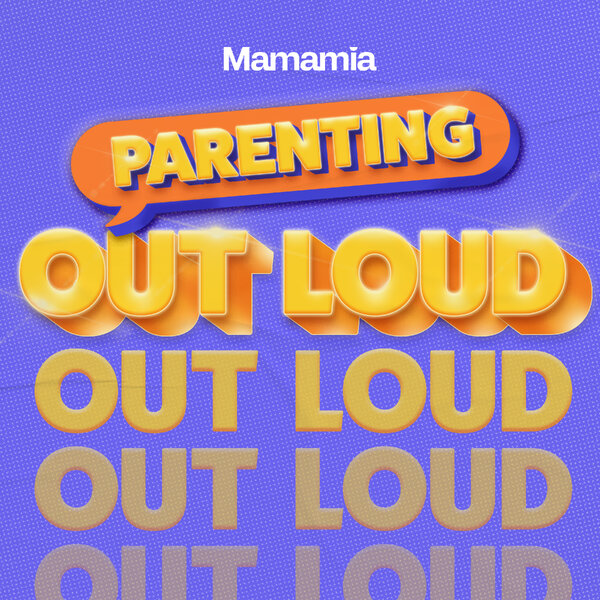By Jane Norman
The Federal Government is ramping up pressure on the states and territories to reform their adoption laws and drive cultural change, to give the tens of thousands of children in state care the prospect of moving into a permanent home.
More than 40,000 children were living in foster homes or out-of-home care last year, but the number of adoptions in Australia fell to an all-time low of 209.
Ahead of a meeting with his state and territory counterparts, Assistant Social Services Minister Zed Seselja said the adoption process is simply too difficult and the “mismatch” between the number of adoptions and the number of children needing permanent homes needed be addressed.
“There are certainly many people who want to adopt but are frustrated and can’t,” he said.
“It’s not uncommon for people to take six or more years to adopt. I think that’s far too long and I think we can do much better.”
Adopt Change Chief Executive Renee Carter is urging the states and territories to make “permanency” a priority at today’s meeting, labelling the current system broken.
The New South Wales Government has introduced legislation imposing time limits on parents to prove they can care for their child and forcing agencies to make decisions about a child’s future more quickly.
It is also strongly promoting open-adoptions, where adopted children maintain some contact with their birth parents.
The state’s Community Minister, Brad Hazzard, said New South Wales was leading the way when it comes to adoption law reform — and reaping results — but he believes there is a much deeper issue behind the low rate of adoption.
“The problem is, this country has a long-term, engrained, cultural opposition to adoption which is entirely understandable given the Stolen Generation,” he said.

